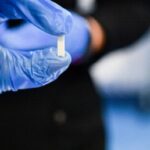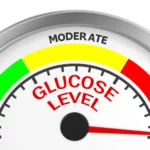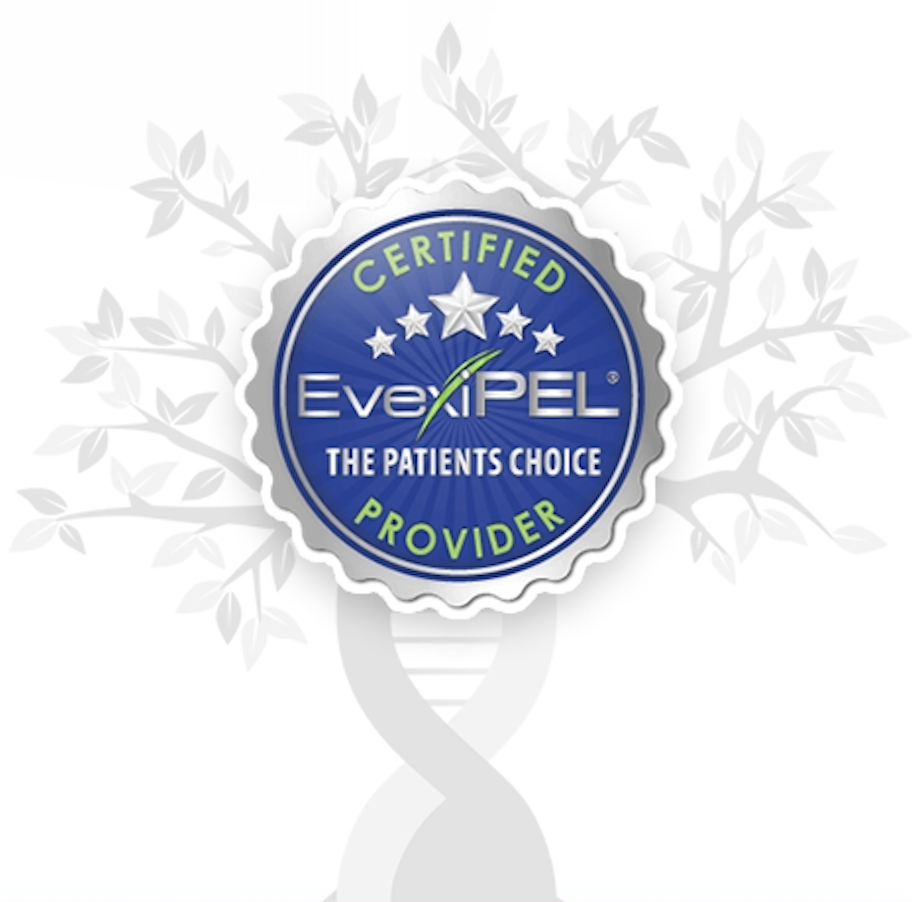
Menu

by
|
Everyone’s heard of the stereotypical millennial with a gluten allergy. They’re partly to blame for the huge surge of gluten-free products that hit the supermarkets in the past decade or so. As it turns out, they were co-opting a very real and serious disease that impacts at least two million people in the United States.Most people know that celiac disease has something to do with gluten. What they don’t know is what interacting with gluten actually does to a person and why the condition exists.Here’s what you should know about what causes celiac disease and how to treat it.
Celiac disease is an autoimmune disorder wherein eating foods with gluten can lead to damage of the small intestine. Roughly one percent of all people in the world may suffer from it to some extent. However, only a third of them will get properly diagnosed.
Gluten can be found in a variety of foods, such as wheat bread, beer, and cereals. Even some candies can have gluten in them.
When a person with celiac disease ingests something containing gluten, their body responds in force. Their autoimmune system identifies gluten as a dangerous threat and attacks it. These attacks damage parts of the small intestine that help to absorb nutrients.
Celiac disease isoften confused with a “gluten allergy“. When people mention that kind of allergy, they are actually referring to a form of gluten sensitivity. Alternatively, a person may have a wheat allergy which is a reaction to wheat and not gluten.
For the most part, what causes celiac disease is genetic. The disease runs in families, but not everyone develops the disease.
It’s not completely known what triggers the disease in certain family members as opposed to others. However, there is some speculation that the kinds of foods you eat during your life may increase the chance of developing celiac disease.
For example, some researchers have linked microbial transglutaminase with an increased immune response to gluten. This is a widely used food additive in the food processing industry.
Other health conditions may also contribute to developing celiac disease, such as thyroid conditions or diabetes.
There are quite a few different symptoms of celiac disease. The symptoms are directly related to the damage caused to the small intestine as a result of the autoimmune response. These include:
DiarrheaBloatingExcess gasFatigueWeight lossIron deficiency anemiaConstipation
Even if you show one of the symptoms, you should never self-diagnose. At most, avoid eating foods containing gluten until you can see a doctor.
There are two blood tests that are used to help diagnose your condition.
Serology testing looks for certain antibodies in your blood. A higher count of certain antibody proteins may correlate with celiac disease. It shows that your immune system reacts to the presence of gluten in your body.
Genetic testing is done with a simple mouth swab that you can perform at home. A lab will look for human leukocyte antigens that should exist in a person without celiac disease.
Provided that these tests show signs of celiac disease, your doctor will pursue further tests. These include endoscopy or capsule endoscopy. Both look for damage to the villi in your small intestine.
Undiagnosed celiac disease can lead to long-term health conditions such as malnutrition, neurological symptoms, and early onset osteoporosis. There’s also the chance of developing other autoimmune disorders.
The only way to manage celiac disease is through your diet. Since your body cannot handle ingesting gluten, you must avoid eating gluten at all costs. Following a gluten-free diet will stop all symptoms and allow your small intestine to recover from whatever damage it has taken.
You can expect to see results from your new diet within a few weeks.
If you’re currently recovering from recent gluten-related trauma, your doctor may recommend taking supplements. They may also recommend medication to help with intestinal inflammation or other symptoms.
Good nutrition is important for every living being, but especially so for people with celiac disease. Ingesting gluten leads to damage to the villi in the small intestine, which help the human body absorb nutrients. You may need to take supplements if you’re recovering from recent damage.
In addition, gluten-free foods may lack certain important nutrients. These include calcium, vitamin D, B12, zinc, and magnesium. You can acquire these nutrients through nutraceutical supplements or by incorporating more foods that naturally contain them into your diet.
Everyone has their own cravings. Part of the reason for those cravings is linked to your cortisol levels, which rise and fall in response to stress. However, a healthy diet should always come first over a temporary craving.
In particular, people with celiac disease must avoid any and all foods with gluten in any amount. Foods high in gluten include baked goods, gravy, and most bread products. Somefoods that surprisingly contain gluten are soy sauce, certain soups, and malt milkshakes.
Nowadays, people hoping to avoid gluten in their food can purchase gluten-free alternatives. Other than those items, they should include foods in their diet that naturally do not contain gluten. It may also benefit them to add nutrient-rich foods to make up for what they cut out of their diet.
A celiac disease diagnosis can result in big changes in how you live your life. You may lose access to some of your favorite foods unless you can find a similar alternative. Most importantly, you will need guidance on how to maintain your health.
EVEXIAS Health Solutions certifies providers and therapies that help people prevent disease and optimize health. EVEXIAS preventive medicine solutions include hormone therapies and nutraceutical supplements. Find an EvexiPEL provider near you and contact us to learn more.
The post Celiac Disease appeared first on EVEXIAS Health Solutions.




